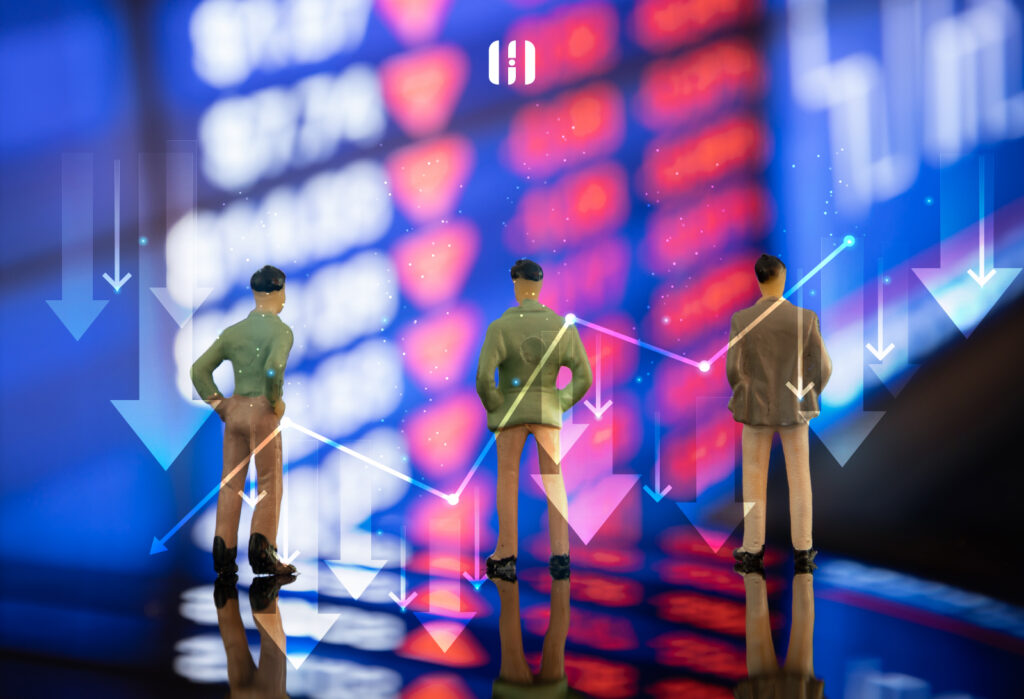Deflation is an economic phenomenon that occurs when the general level of prices for goods and services decreases consistently. It is the opposite of inflation, which is a sustained increase in the general level of prices.
What is Deflation?
Deflation is measured by the Consumer Price Index (CPI), which is an indicator that measures the change in prices of a basket of goods and services representative of household consumption. When the CPI decreases, there is said to be deflation.
Deflation can have a number of negative effects on the economy, including:
- Reduced consumption: When prices fall, consumers tend to postpone their purchases, waiting for prices to fall even further. This can lead to a decrease in consumption, which can affect economic growth.
- Revalorisation of debt: When prices fall, the real value of debt decreases. This is because debt is measured in terms of prices, and lower prices mean that debt is worth less in terms of goods and services. This can benefit creditors and harm debtors.
- Decline in economic activity: Deflation can lead to a decrease in consumption, investment, and production. This is because consumers may wait for prices to fall, firms may wait for prices to fall before investing, and firms may have to reduce their prices to compete in the market.
Factors That Can Cause Deflation
Deflation can be caused by a variety of factors, including:
- Reduction in Demand: When the demand for goods and services decreases, prices tend to drop. This can occur for a variety of reasons, such as an economic recession or a decrease in consumer confidence.
- Increase in Supply: When the supply of goods and services increases, prices tend to drop. This can occur for a variety of reasons, such as an increase in productivity or a decrease in production costs.
- Currency Depreciation: When the currency depreciates, imported goods and services become more expensive. This can lead to a decrease in demand for goods and services, which can cause deflation.
How to Protect Yourself from Deflation?
There are a number of things individuals and businesses can do to protect themselves from deflation, including:
– Investing in Real Assets: Real assets, such as real estate or stocks, can maintain their value or even increase in value during deflation.
– Price Adjustment: Businesses can adjust their prices to compensate for deflation. This can help to maintain the purchasing power of consumers.
– Saving: Individuals can save to have a financial cushion in case deflation affects their income.
In conclusion, deflation is an economic phenomenon that can have a significant impact on the economy. It’s important to be aware of the factors that can cause deflation and take steps to protect oneself from its effects.




